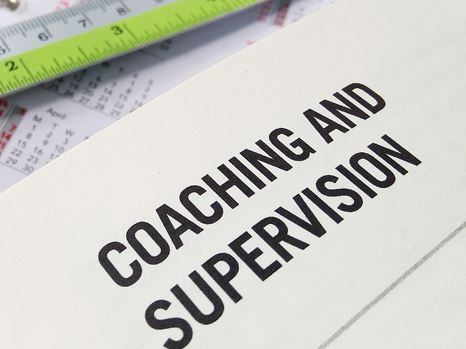As part of the ILM Level 5 Coaching Award I had to provide a justification for reflective practice and supervision as part of the ongoing professional development requirements of coaches or mentors. Of course, as first and foremost a teacher, I gave consideration to supervision for teachers also, or the lack of requirement of any such formalised support.
The EMCC Global Code of Ethics provides clear direction on “Excellent Practice.” Engaging in supervision with a “suitably qualified supervisor,” relevant and appropriate training, reflection and systematically evaluating our work are all expected of coaches and mentors.
I do not know of, or have been party to, the same level of professional practice in education. So what actually is supervision.
Supervision happens when a coach brings their coaching experiences to the attention of a supervisor, in order to be supported and to engage in reflective dialogue and collaborative learning, for the development and benefit of the coach, their clients and their organisations. Supervision also provides an opportunity to support the well-being of the coach, to offer protection, insofar as is possible, that no harm comes to any party involved in coaching. In sum, supervision offers developmental, qualitative, ethical and well-being functions. Supervision within an organisation, where more than one coach is coaching, also offers an opportunity to quality assure and calibrate the coaching offer and attend to the desired drivers of the organisation.
Being be supported and to engage in reflective dialogue and collaborative learning, for the development and benefit of the coach, their clients and their organisations – well, replace ‘coach’ for ‘teacher,’ and ‘client’ for ‘students’ and I think that this would be worthy professional investment for teachers. However, we know it is rarely that easy.
Coaching supervision presented me with the opportunity to self-evaluate and receive external evaluation. It provided me with an opportunity to explore ethical dilemmas encountered in my coaching and to test my hypothetical responses. Supervision offered reflection in action and reflection on action and most definitely shifted my professional coaching practice. Supervision offered this support from a third perspective, (after that of the coach and client), a perspective protected from the influences of coaching relationship and unconscious bias of either or both parties. And that enabled me to receive feedback without it feeling personalised or judgemental.
For example, the feedback that
As a new coach, Kristian is developing his style and use of models. There are times when I felt that Kristian was keen to use ‘variations’ of the model (e.g. from GROW to GROWTH) before gaining more experience of GROW
Supervisor notes
may well be evaluative, it may even represent an area for professional focus but I did not find it judgemental.
How would supervision work for teachers? Well, much in the same way as coaching does. Supervision is, in many senses, coaching for coaches. Of course, much of this coaching/mentoring happens informally for teachers within departments or teams, however, I am left wondering what the potential contribution to teachers professional development and well-being might be, should they have access to something like supervision or coaching.
I must say, it helps when you work with a skilled and perceptive supervisor.


